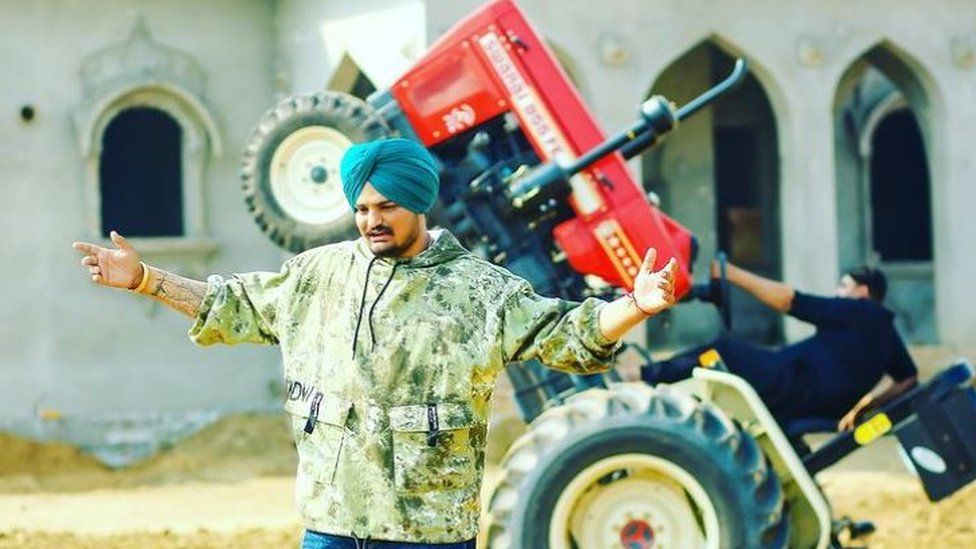
Ni ehda uthuga jawani ch janaja mithiye (The funeral will happen in youth).
This is a line from Indian rapper Sidhu Moose Wala's latest track, The Last Ride. The song, which was released in May - and has gathered over 10 million views on YouTube since - features the iconic crime scene where American rapper Tupac was murdered in his BMW in 1996.
"Many hated him, and many died wanting him...everything is revealed in the eyes of the young boy," Moose Wala cackles in the music video, which is shot in slick monochrome tones.
On Sunday, in an ominous turn of events, Moose Wala met the same fate. The 28-year-old singer was driving near his village in Punjab state on Sunday when he was shot dead by unidentified attackers.

Crazy how life works sometimes
Moosewala had just dropped "The Last Ride"
The image featured on it is the crime scene from Tupac's assassination
Where he also was shot and killed whilst sat in the front right-hand seat of the car. pic.twitter.com/3tBv47B3tv
— Crypto Singh (@CryptoMisl) May 29, 2022

Things have moved fast since then.
The murder has whipped up a political storm in the state, with opposition leaders criticising the government. The state police claimed that a Canada-based gangster had claimed responsibility for the attack. Moose Wala's family has denied this and criticised the police for not doing its job properly. In the middle of all this, protests erupted in several parts of the state as the singer's fans and supporters took to the streets, prompting the government to appeal for calm. The state's chief minister has now ordered a high court-level investigation into the case.
For Moose Wala's millions of fans though, the tragedy is deeply personal.
In four years of his career, the 28-year-old rapper became one of the most ubiquitous faces of Punjab's fertile hip-hop scene. His voice blares from DJ turntables at Delhi's flamboyant parties, rickety stereos at tea stalls in rural India and - as a colleague from BBC Punjabi told me - every possible radio channel in Punjab.
And he made it big in every sense. His songs, which he wrote and composed, racked up more than 5bn views, made it to the Top 5 in the UK charts last year, and he was also featured among the best new artists of 2020 in The Guardian. He had millions of fans around the world, especially in Canada which has a sizeable diaspora population.
"He had an aura of edginess around him," says Noor Sethi, 27, an event stylist in Delhi. "He also had a very distinct rapping style that captured the nuances of life in Punjab."

Punjabis will be unpacking and processing this for years to come.
— Uday Rana (@UdaySRana) May 29, 2022

Born as Subhdeep Singh Sidhu in Moosa village in Mansa district, the singer studied engineering from Punjab and moved to Canada in 2016. The next year, he released his first track "So High" under the name Moose Wala. The singer has since become a household name in Punjab and among Sikhs in Canada and UK.
Drawing heavily from the genre of gangster rap, his music was a jumble of gritty opulence - measured in guns and fancy sports cars - as he made sense of life around him. His songs offered unvarnished commentary on the dark underbelly of the rural heartland, where drugs, crime and corruption often make headlines.
Rap music is a genre that often has lyrical expressions of revenge. And Moose Wala was no exception to this trend. Jealousy of his rivals was also an overarching theme in his music, which was best captured in the smash hit Jatt da Mukabla: "Don't flutter so high, you birds, for if I want, I can buy the sky."
But Moose Wala was as controversial as popular. Since the news of his death broke on Sunday evening, heaps have been said about the singer's legacy.
The actor often ran into trouble with the law. In May 2020, he was booked for firing an AK-47 rifle at a shooting range during the Covid lockdown. He also had a police case against him for allegedly promoting violence and gun culture through his song, Sanju. And a cursory glance at his Instagram profile would reveal his affinity for guns.
The singer was never convicted for any of the alleged crimes, but critics have routinely called him out for normalising violence.
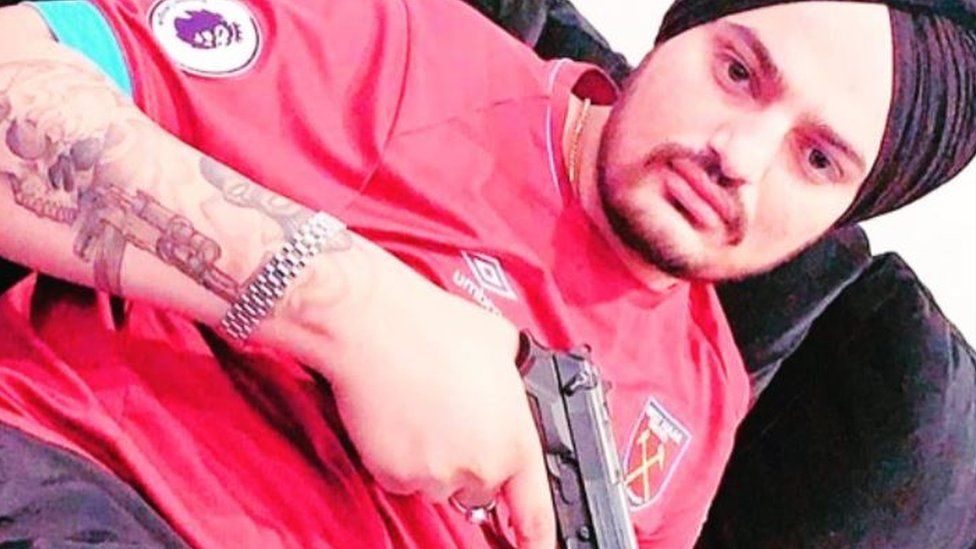
Fans say that Moose Wala was merely confronting the dark truths about modern life and holding up a mirror to society. "He was just making sense of the chaos, whether it was corruption, violence or the gun problem in Punjab," one fan said. "And that contribution in itself is valuable."
Moose Wala's music has meant different things to different people. Some say they admired him for the "courage and I-don't-care attitude" that was evident in his songs. Others liked the way he added English words to his Punjabi songs, which gave it a contemporary sheen.
"His simple and colloquial style of writing made it easy to understand for his audiences. Also, we loved the way he answered his critics through his songs," 27-year-old Niyamat Singh, one of his fans, told BBC Punjabi.
Mr Singh is particularly fond of the track 295, in which the singer delivers a strong-worded commentary on the shrinking scope for dissent in the country. The song's title is a reference to Section 295 of the Indian Penal Code which deals with "injuring or defiling place of worship with intent to insult the religion of any class".
"Every day there will be controversy with someone or the other. There will be a debate in the name of religions. If you speak the truth, you will get 295 (section) And if the son progresses, he will get hate," Moose Wala sings in the track.
Mr Singh told BBC Punjabi that he loves the way the singer "says what it is".
Ms Sethi remembers a concert Moose Wala did at an upmarket Delhi hotel a few months ago. "People from every walk of life came to see him perform. The excitement was so high that people were willing to pay extra money just to get a glimpse of him," she says.
Fans also credit him for baptising hip-hop - which until recently clung to the fringes of popular culture in South Asia - as a mainstream genre. His songs were hugely popular not just in India but across the subcontinent, and especially among the Punjabi speaking population in Pakistan.

Sidhu Moosewala had promised to come to Pakistan this year with the first concert in Lahore and the second in Islamabad.
Art transcends all boundaries and today Pakistanis share the grief of our Indian brothers and sisters over the death of #sidhumoosewala. #Pakistan #India pic.twitter.com/A7L8BktdDf
— Hamza Azhar Salam (@HamzaAzhrSalam) May 29, 2022

In 2021, he decided to enter politics. He contested elections as a candidate for India's principal opposition, the Congress party, in the 2022 Punjab assembly elections. Although he lost, his popularity as a "people's leader" continued to grow. He was especially invested in the betterment of his village. "That is why I chose to be known not by my name but by that of my village," he would tell people during his political rallies.
World - Latest - Google News
May 30, 2022 at 07:09PM
https://ift.tt/JOaSGzy
Sidhu Moose Wala: The murdered Indian rapper who 'made sense of chaos' - BBC
World - Latest - Google News
https://ift.tt/POnjgqI
/cloudfront-us-east-2.images.arcpublishing.com/reuters/KEDMRL4OXBOTRCYFXDBG3JYEZE.jpg)
/cloudfront-us-east-2.images.arcpublishing.com/reuters/ZTI3A5EUCRNLJPAIQOOR77I7K4.jpg)
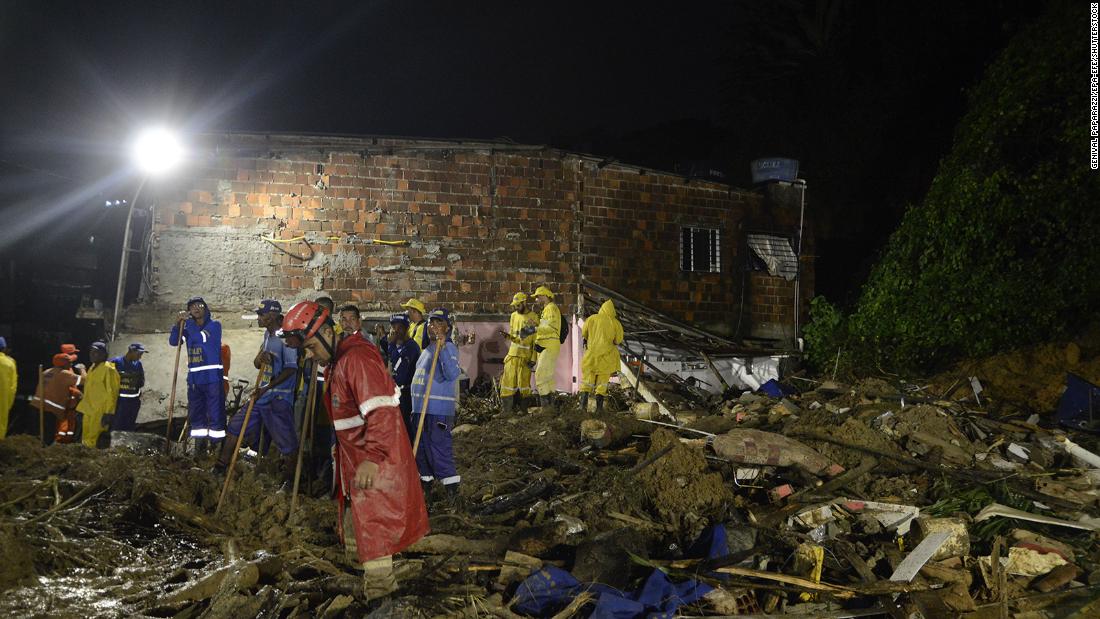
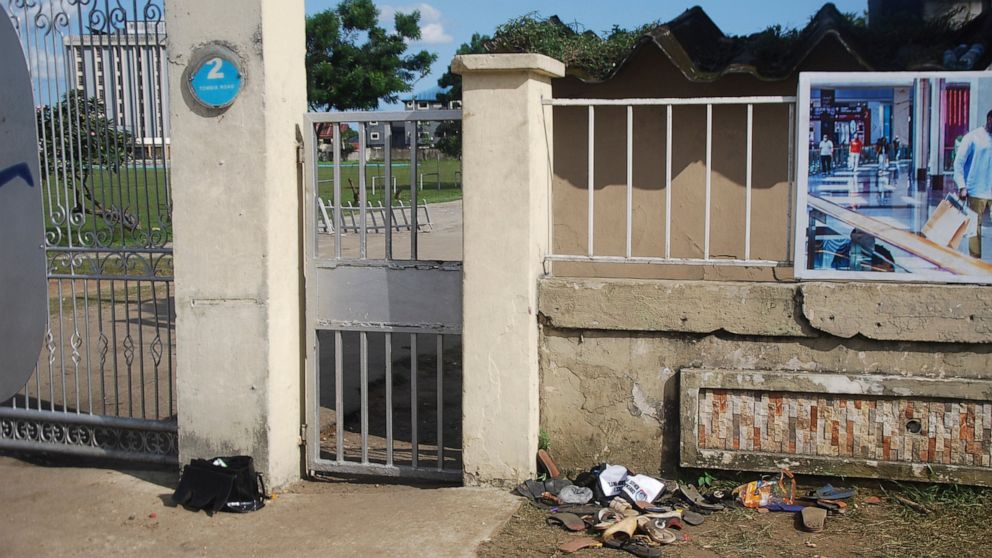


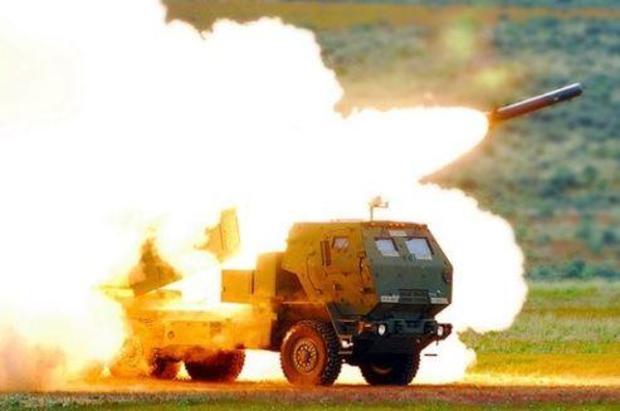
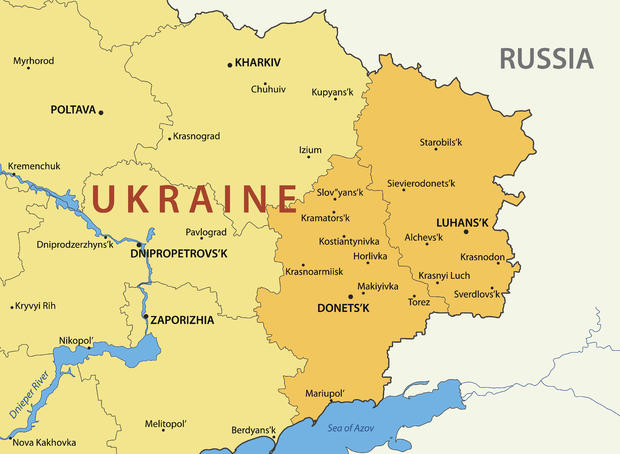



/cloudfront-us-east-2.images.arcpublishing.com/reuters/GOQGQFXYFFIM7BLDRNMMFMA3QE.jpg)
